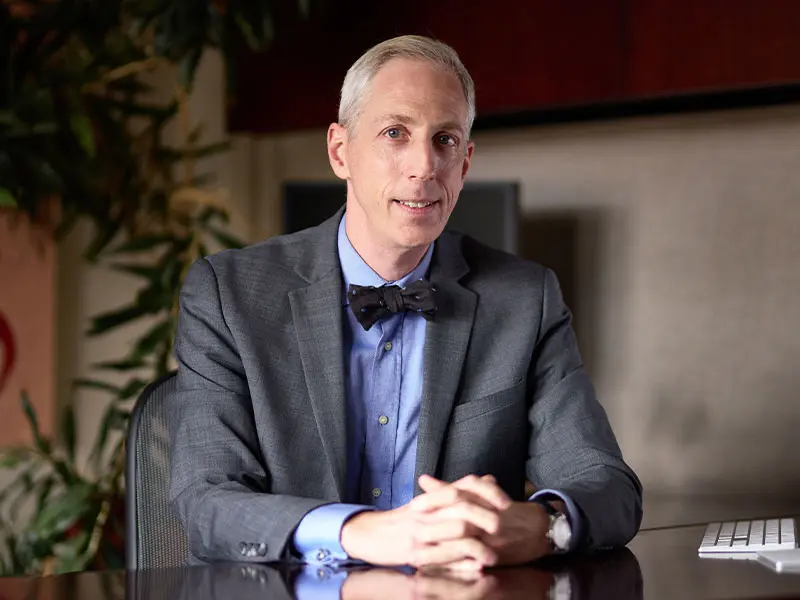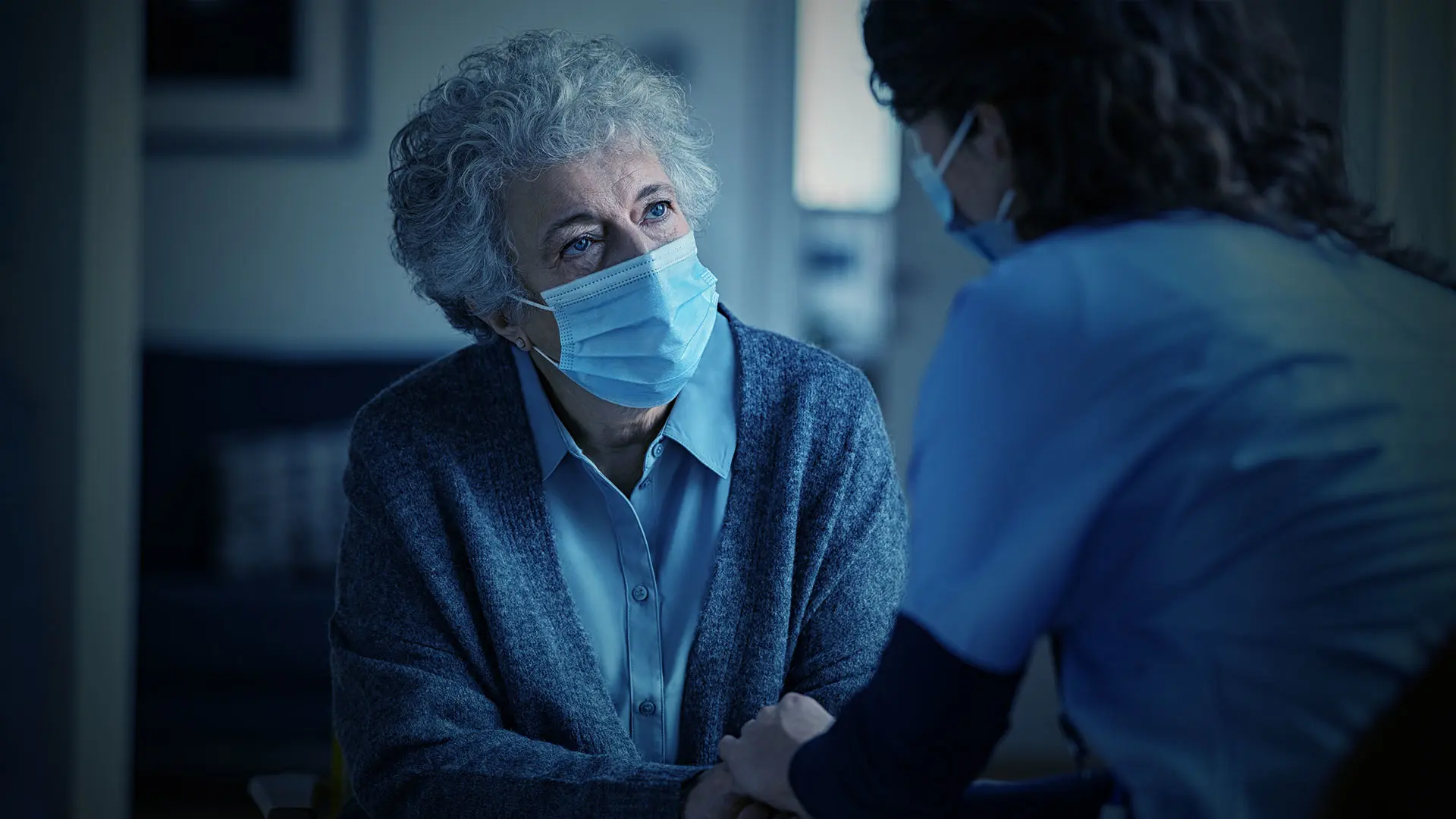The Brookdale Department of Geriatrics and Palliative Medicine created Palliative Care at Home to leverage its expertise and leadership in palliative care. The goal is to allow patients with serious illness and difficulty leaving their homes to receive the highest quality palliative care in the most comfortable setting.
This novel means of palliative care delivery is provided by a team comprised of social workers, community health workers, registered nurses, advanced practice nurses, and physicians. Patients' needs determine the intensity of services provided, with ongoing monitoring in times of disease stability performed by the community health workers and social workers, and physicians and nurses becoming more intensely involved during times of crisis or disease instability. The program was initially created as a demonstration project in partnership with the West Health Institute and has subsequently evolved following cessation of grant funding into a joint venture with Contessa Health, supported by contracts from Medicare Advantage plans.
The combination of Contessa’s financial and business expertise with the Department’s clinical expertise has resulted in a significant expansion of the program. The number of patients that Palliative Care at Home has served has doubled under this joint venture, and the program covers the majority of New York City and parts of western Long Island. Mount Sinai is finding this unique model for palliative care is improving outcomes for patients and their families by keeping patients in the comfort of their homes and communities. Partnerships with referring physicians continue to grow and strengthen as they see the benefits to patients firsthand.

Nathan Goldstein, MD, Gerald J. and Dorothy R. Friedman Chair in Palliative Care at the Icahn School of Medicine at Mount Sinai and a leader of Palliative Care at Home.
The benefits of Palliative Care at Home extend beyond the patients, families, and referring physicians. The initiative is leading to personal growth among the team as well. So much so that many are seeking further professional development and formal training in palliative care. For example, one community health worker has become a registered nurse, one registered nurse has become a nurse practitioner, and one nurse practitioner has received an advanced certification for palliative care. In this way, Mount Sinai is expanding the palliative care workforce and offering an array of positive effects on the community and its health care workers.
“We’ve created a new niche in the palliative care at home discipline by providing special training to experienced community health workers in palliative care and common disorders such as cancer, dementia, and lung and liver disease,” says Nathan Goldstein, MD, Gerald J. and Dorothy R. Friedman Chair in Palliative Care at the Icahn School of Medicine at Mount Sinai and a leader of Palliative Care at Home. “That takes some of the burden off other health care team members, including nurse practitioners who are now able to serve a larger pool of patients.”
The program has been so successful that it now serves as a platform for a new National Institute of Aging (NIA) study of nearly $4 million from the NIA to test the model in patients with advanced dementia. Mount Sinai’s model has the potential to improve care for thousands of people in the United States with dementia and their caregivers. Dementia, which currently affects nearly 5 million people, is projected to affect 14 million by 2050.
“We’re committed to creating innovative new models to improve the health and delivery of care to older adults and others with serious illness. Palliative Care at Home makes good on that promise.”
- Nathan Goldstein, MD
With Palliative Care at Home, the Brookdale Department has created a model that’s both generalizable and sensitive to the cost concerns and staffing challenges of delivering health care to a growing population with multiple conditions. The goal is to provide ongoing care and support day after day, month after month, for seriously ill patients and their families in their own homes, thus avoiding unnecessary and burdensome emergency department visits and hospital admissions.
“This is the type of program that meets all of the aims of the Brookdale Department in that it is improving patient outcomes, maximizing their quality of life, and creating novel solutions to a workforce that can’t meet the demands placed on it,” says Dr. Goldstein. “We are seeing satisfaction on all levels, and everybody is working together. In this way, we are improving all of health care.”
He adds, “We’re committed to creating innovative new models to improve the health and delivery of care to older adults and others with serious illness. Palliative Care at Home makes good on that promise through a program that’s already improving outcomes for our patients and reducing costs.”
